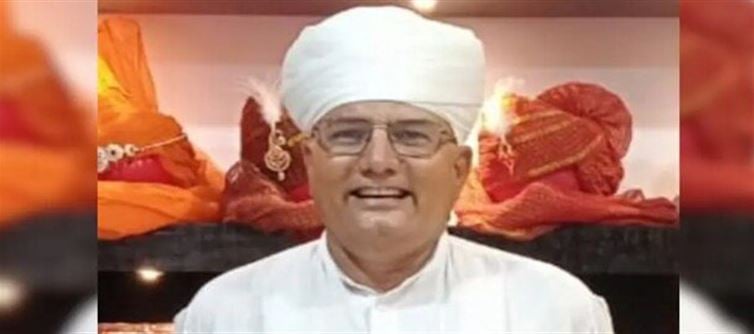
In a shocking display of political intolerance, a bjp rajasthan spokesperson was immediately expelled from the party after criticising the BJP’s treatment of Vice President jagdeep Dhankhar. His remarks, which should have sparked a healthy internal debate, instead resulted in swift and ruthless disciplinary action. This sends a chilling message within the party ranks — that any dissent, however reasoned or respectful, will be met with instant removal rather than engagement or dialogue.
Such an approach fuels the perception that the bjp operates less like a democratic organisation and more like a tightly controlled authoritarian entity, where unquestioning loyalty is valued above independent thought. The comparison to North Korea, though extreme, reflects the growing frustration among political observers and party insiders who believe that freedom of expression within the organisation has been completely eroded. When a spokesperson — whose role inherently involves communication and critical analysis — is punished for voicing a concern, it raises serious doubts about the party’s commitment to internal democracy.
This incident also exposes the dangers of a political culture built on absolute obedience to leadership rather than collective responsibility. By silencing voices that dare to question decisions or point out perceived injustices, the party risks alienating not only its own members but also the wider public, who may see such actions as arrogance and intolerance. True political strength lies in accommodating differing opinions and addressing criticism constructively — not in expelling anyone who dares to speak their mind.




 click and follow Indiaherald WhatsApp channel
click and follow Indiaherald WhatsApp channel